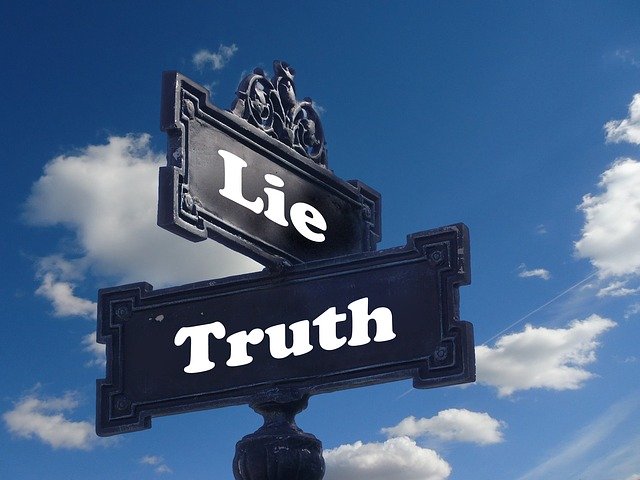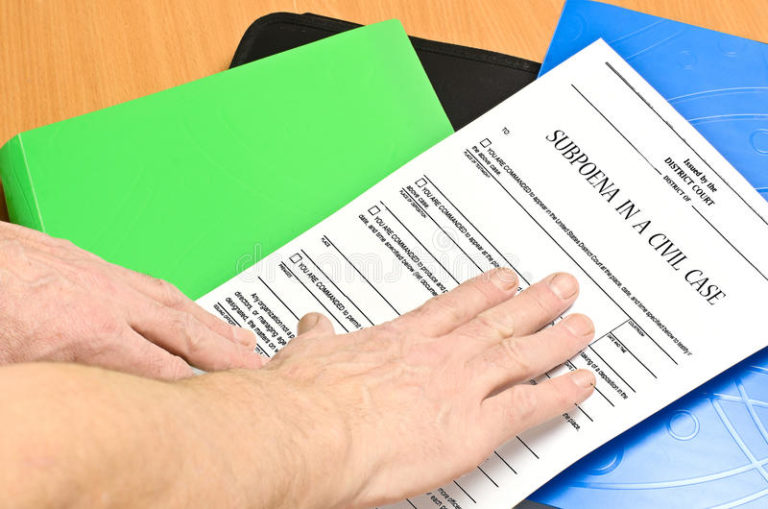How Discovery Works in Federal Criminal Cases
Upon a defense lawyer’s request, federal law requires prosecutors to give the defense copies of all the materials and evidence they intend to use at trial. This includes any evidence which may tend to support the defendant’s innocence, called exculpatory evidence.
Federal prosecutors have an obligation to disclose exculpatory evidence whether or not the defense makes the request, thanks to both the famous 1963 case Brady vs. Maryland and the 1976 case United States v. Agurs.
Are there exceptions to what the prosecution is required to disclose?
The evidence prosecutors are required to disclose does not include any internal reports, memos, or government documents, nor does it allow for the inspection of statements made by prospective government witnesses unless they are discoverable under other laws.
Nor does it require the prosecution to share their theory of the case, which can mean the defense does not, unless they’ve conducted a very thorough investigation on their own, necessarily know what the most relevant parts of a witnesses testimony are going to be.
Finally, the prosecution doesn’t always have an obligation to turn over or produce evidence which might point to a third party’s culpability. A defense attorney who wants that information must be able to produce plausible justification for the material, and must be highly specific when requesting it.
Brady leaves large loopholes.
No part of discovery is as straightforward as it seems. While in theory this should all result in every piece of relevant legal evidence getting turned over, prosecutors do withhold exculpatory evidence in both federal and state cases.
This is because they know they face few sanctions for a failure to disclose when the attorney does not ask for the information, and the conviction is only vulnerable to being overturned if the information was favorable for the accused and would have made a significant difference to the outcome of the case.
In many cases the defense attorney has no other way of learning about the exculpatory evidence other than via the prosecution’s willingness to disclose it.
This realization is part of what has led to a push for discovery reform laws throughout the nation.
It’s also something that should be on your mind as you choose a criminal defense attorney. Experienced attorneys know they cannot rely upon the prosecution, and so mount their own investigations into the case so they can attempt to collect as much exculpatory evidence of their own as possible prior to trial.
See also:
Does the 5th Amendment Let You Lie to Federal Agents?
Should You Take a Polygraph if You’re Accused of a Federal Crime?
Types of Immunity in a Federal Criminal Case







